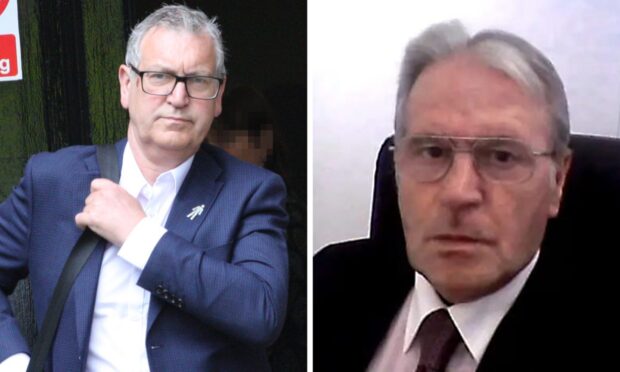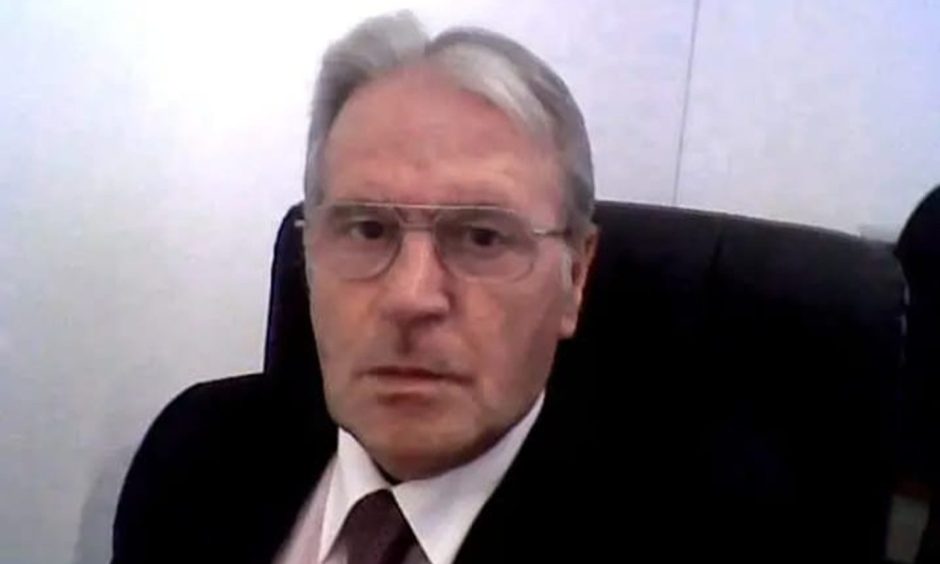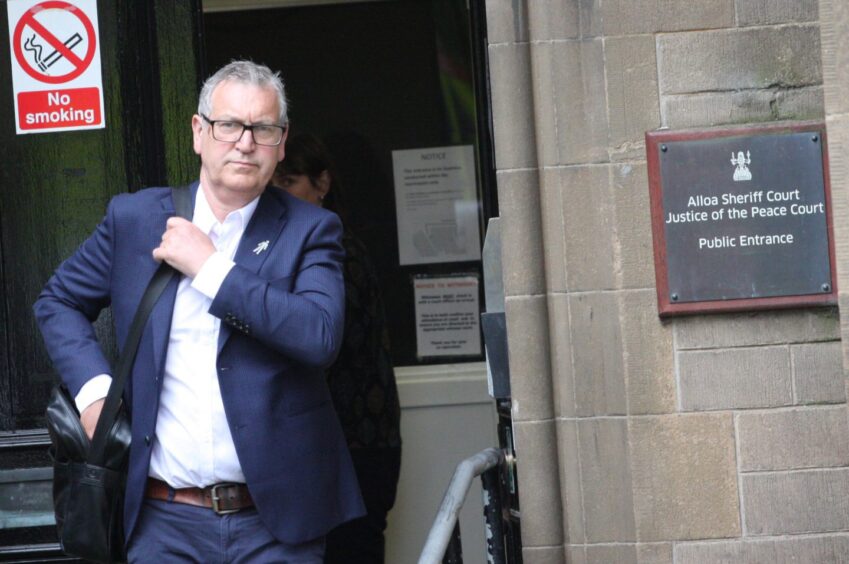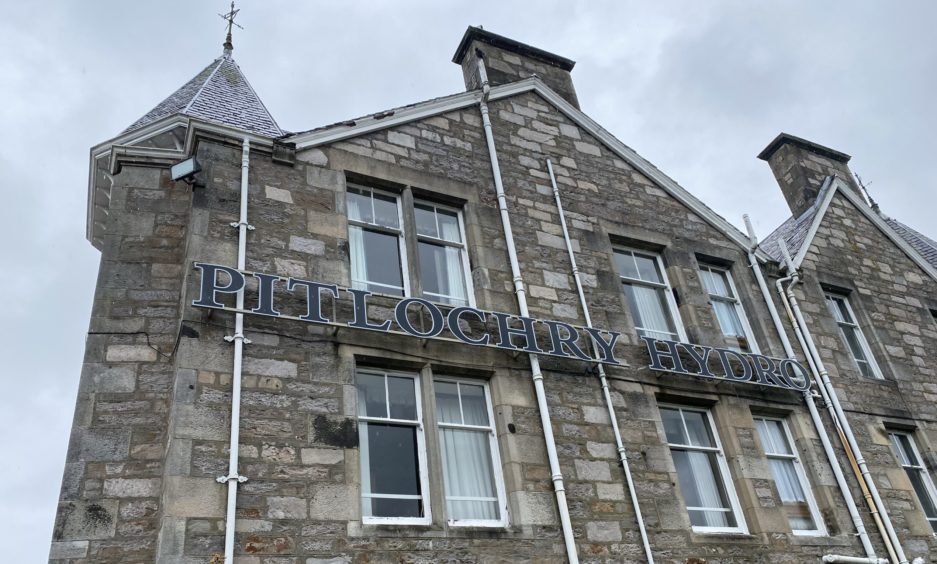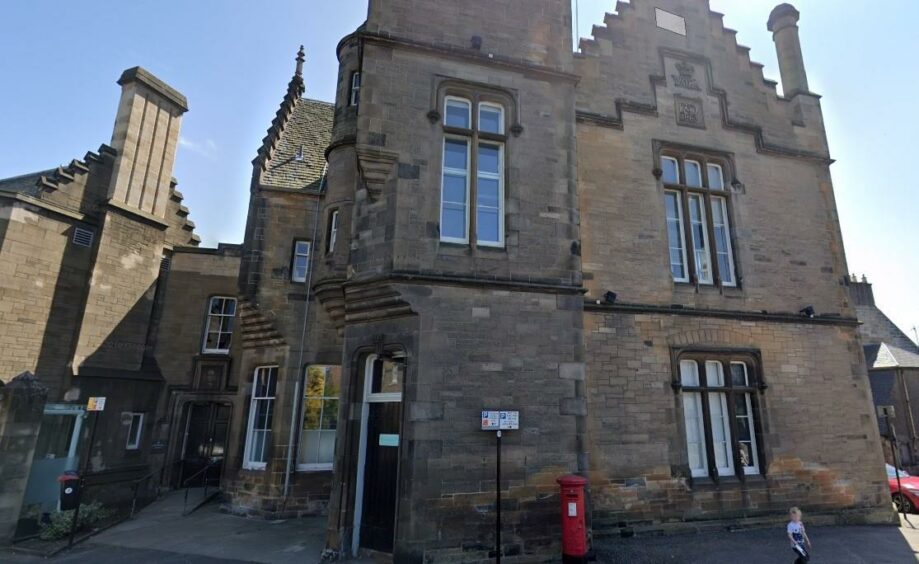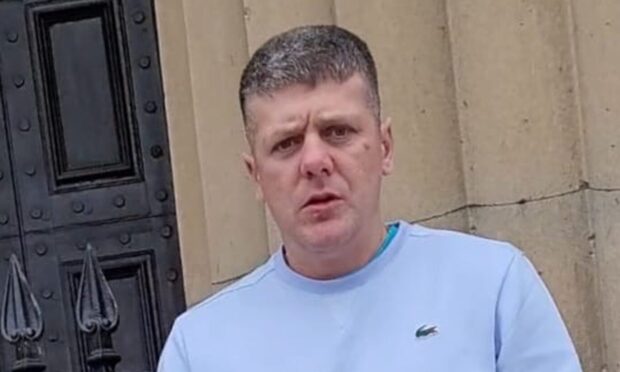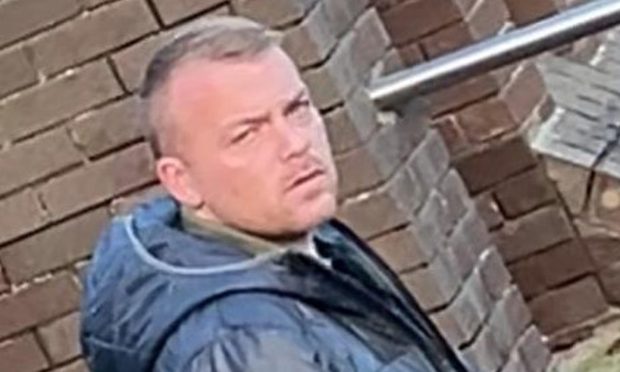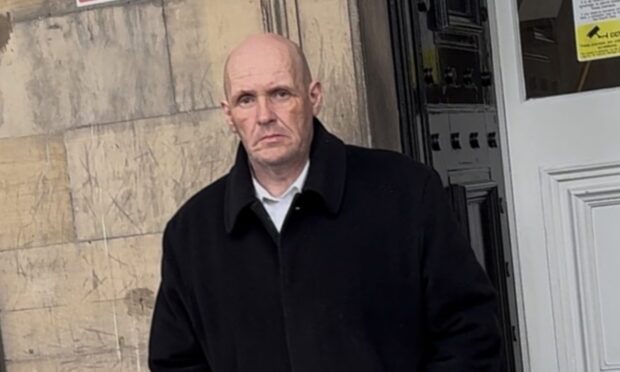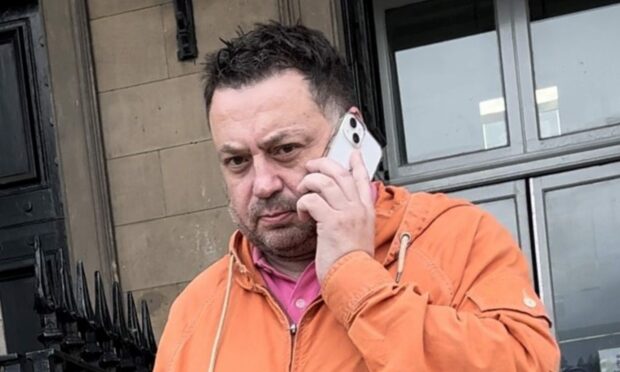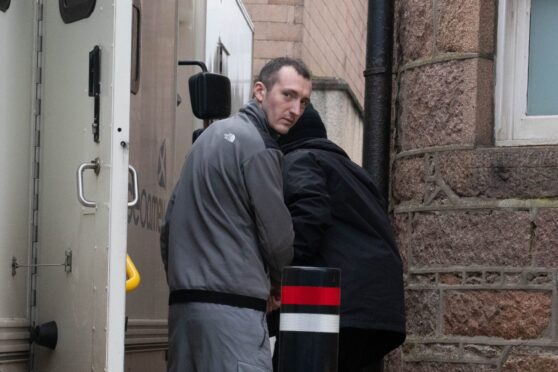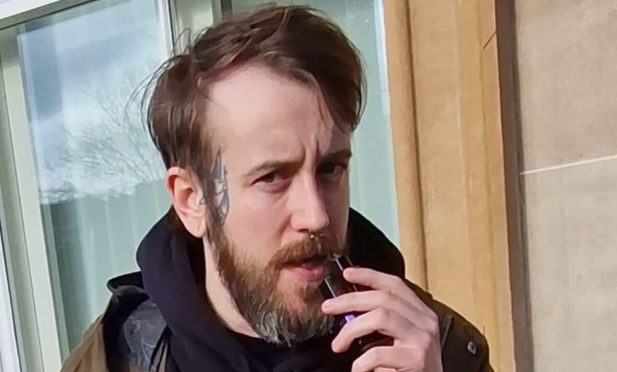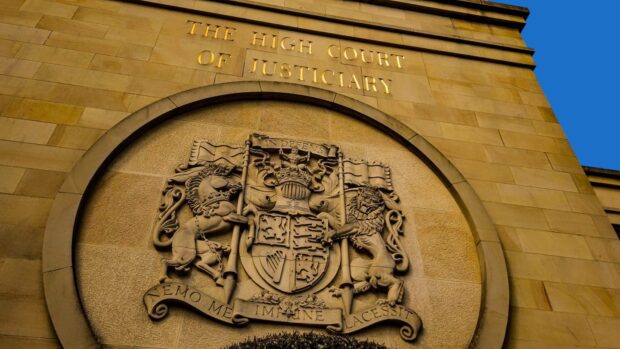The manager of a hotel where an elderly guest was scalded to death told a death inquiry of his “heartbreak” the tragedy was linked to a problem that could have been rectified “decades” earlier.
Wallace Hunter, 75, a retired precision engineer, died from 83% burns after going for a shower on the final day of a coach trip with his wife to the Pitlochry Hydro Hotel.
Efforts to rescue him were hampered by the fact the bathroom door opened outwards, bolted on the inside, and had no exterior emergency release as would be the case in new buildings.
When it was finally opened, Mr Hunter, from Eaglesham, Renfrewshire, was found in a bath of water so “scalding” when a police officer tried to pull out the plug, it came away in his hands.
Firefighters had to wear protective gloves to lift him out.
Christopher Stanton, 56, general manager of the hotel for almost a quarter of a century, accepted he was partly to blame for what had occurred with the door.
He told a fatal accident inquiry, at Alloa Sheriff Court: “I’ve thought a lot about this.
“When you imagine not just the scenario we’re talking about here but any number of different scenarios, we’d have been in the same situation where we couldn’t get into the room.
“I’ve got to take a percentage of the responsibility for that.
“If asked a direct question – could I have foreseen this was a problem? – the answer has to be yes.
“But I didn’t and nor did anybody else. I wish I had.
“I just shudder at the reality that came about that morning because of something that could have been dealt with sooner – 20 years, 30 years before.
“I’m heartbroken.”
Mr Stanton estimated replacing the locks with safety release versions would have cost only £80 a room.
All bathrooms at the hotel with outward-opening doors have now had their locks removed completely, he added.
The inquiry heard a Health and Safety Executive investigation into the December 2019 tragedy found the mixer tap in Mr and Mrs Hunter’s bathroom was more than 30 years old, its temperature control was “very sensitive” and it did not satisfactorily isolate the hot water when the cold water shut off.
Procurator fiscal depute Gail Adair said: “In other words, if there was a cold water failure, the thermostatic valve would not operate to stop the hot water coming through at excessive temperature.”
Mr Stanton admitted old-style shower and bath taps which were then still in use in 11 rooms at the 73-bedroom hotel hotel – including Mr and Mrs Hunter’s – were “confusing and complicated”.
The inquiry heard 19 complaints about the controls, high temperatures, “boiling hot” showers or lack of cold water, were recorded in the hotel maintenance log in the nine months leading up to Mr Hunter’s death.
The temperature control on the shower in Mr and Mrs Hunter’s room was logged as “iffy” and the shower reported as “too hot” only weeks before the tragedy.
Other entries relating to other rooms referred to showers being “difficult to regulate”; “boiling hot, temperature handle not working”; and “tap control of temperature not working well”.
Mr Stanton said: “I’d be the first one to admit it was a nuisance.
“Sometimes it might just been a case of an elderly person not being able to turn a tap properly.
“There was lots of that going on.”
He said it was a regular occurrence for someone to report the mixers as not working.
Mr Stanton said all the older-style taps were replaced in November last year.
He said:. “There was a big cost involved but there would have been an opportunity to update them sooner.”
He said he had thought his priority regarding the Pitlochry hotel’s “quite antiquated” hot water system was keeping temperatures high enough to prevent the growth of Legionella bacteria.
He said: “Over 20 years as manager we’d recorded maybe two or three scalds, minor ones, so I didn’t think we had a problem with that.”
Ms Adair asked: “So the possibility of somebody receiving a fatal injury from scalding was not something that was in your mind?”
Mr Stanton replied: “I can look the family in the eye because I couldn’t imagine that, in any scenario.”
The inquiry heard the hotel attracted a large number of elderly coach party guests for whom Legionnaires’ Disease would have been serious.
The company that owned the hotel has since gone into liquidation and it is now under new ownership.
The inquiry, before Sheriff John McRitchie, continues on Monday.
For more local court content visit our page or join us on Facebook.
